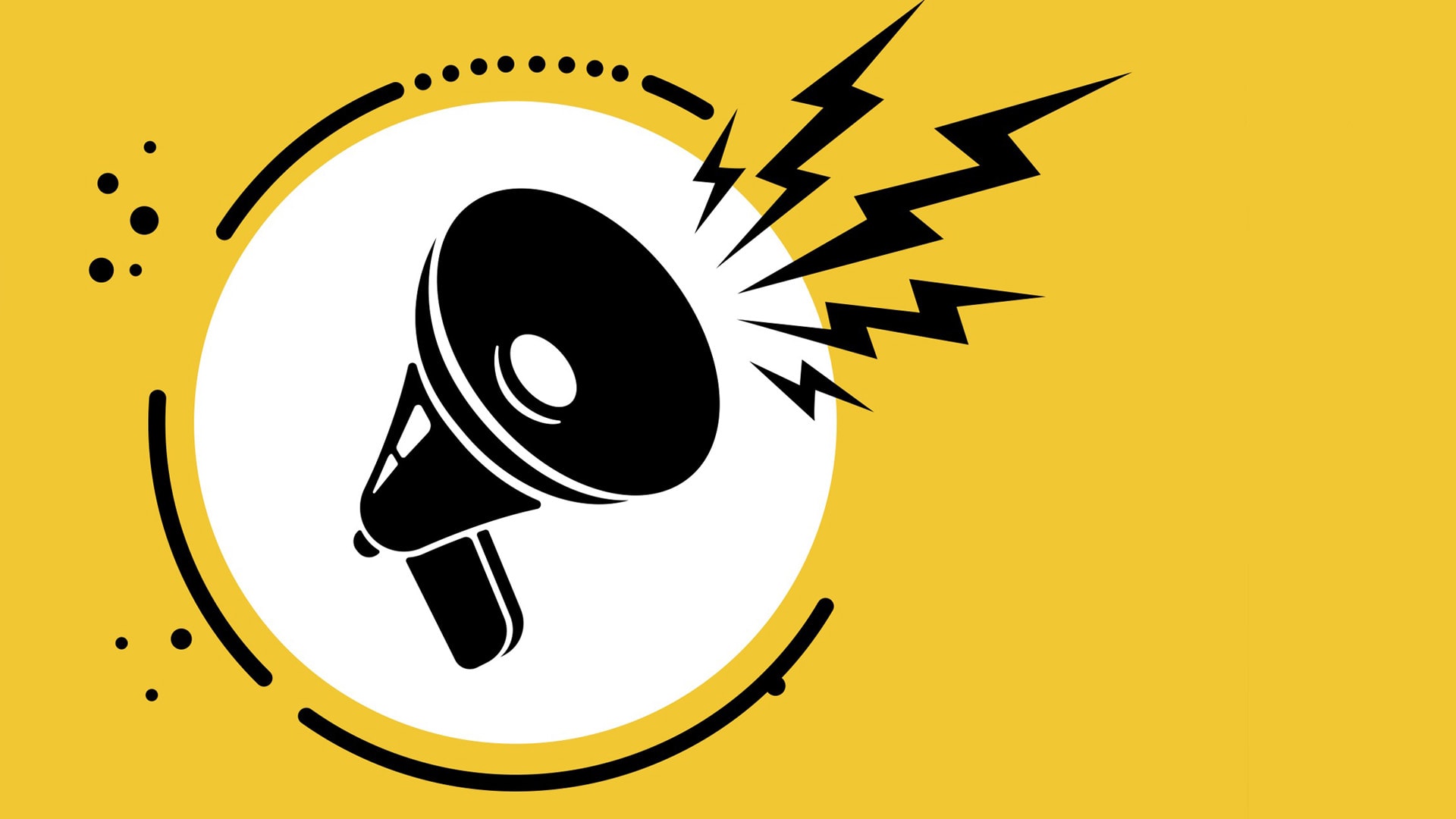
Today they might be called whistleblowers. Whistleblowers, by definition, tell the right information to the right people. More specifically, the information they tell is generally evidence of wrongdoing. Often seen as troublemakers, tattletales, or squealers, whistleblowers often require a strong amount of moral fortitude before stepping forward with truth. While the definition might be stretched a bit when applied to Bible prophets, one can be sure that those called to prophetic ministry could relate.
The Bible has a variety of prophets. Ezekiel was called to do strange things. Isaiah preached a pattern of judgment followed by hope followed by judgment that was sometimes confusing. Jonah, of course, didn’t appreciate his call, because the message wasn’t one he wanted to deliver. Daniel dreamed unusual dreams and, for the most part, remained safe in his role as a prophetic messenger. And then there was Jeremiah, the weeping prophet, one of the few that actually experienced the results of his predictions. His counterintuitive message of “surrender and you will be saved” didn’t sit well with the leadership or the people.
Roger Boisjoly was a rocket engineer for Morton Thiokol, a NASA contractor. In 1985 Boisjoly discovered that if exposed to unusually cold conditions, the O-ring seal of the space shuttle could fail. O-rings were elastic seals at the joints of the booster rockets. They were small and seemingly insignificant, but their job was important. The O-rings sealed the area so that the gases from the fuel and the fire from the boosters remained separate. Alarmed, Boisjoly immediately wrote a memo to the vice president of engineering: “It is my honest and very real fear that if we do not take immediate action to dedicate a team to solve the problem . . . then we stand in jeopardy of losing the flight along with all the launchpad facilities.”1 In essence, he said that if the seals failed, the shuttle would explode. But nothing was done, and no one heeded the warning.
One wouldn’t think cold temperatures would be a problem in Florida, but the forecast for the morning of January 28, 1986, the day the Challenger would launch, predicted a temperature potentially as low as 30⁰F. A space shuttle had never lifted off in temperatures that low. For hours Boisjoly and three colleagues fought and argued to delay the liftoff. But NASA overruled the engineers. The launch would go as planned.
The atmosphere in the room in which the engineers watched the liftoff was tense. They were fairly confident the space shuttle would explode on the launchpad as they predicted. When it lifted off, there was audible relief. But 73 seconds later the Challenger exploded in the air, killing all onboard, including Christa McAuliffe, a New Hampshire schoolteacher.
The Challenger explosion is one of the memorable events in American history, the kind one can remember exactly where they were when it happened. In a marketing move CNN, then a relatively obscure cable network, decided to livestream the liftoff. Many, including classrooms of children, watched the event unfold in real time on their television screens. “I’m very angry that nobody listened,” Boisjoly told an NPR reporter in 1987. “We were talking to the right people who had the power to stop that launch.”2
Like Boisjoly, Jeremiah urged Judah to return to God or face destruction. For 40 years he preached his salvific message, but they turned away. At one point the king listened, but like the Thiokol managers, he didn’t have the moral courage to stand against public opinion. When no one listened to Boisjoly, the Challenger exploded. When no one listened to Jeremiah, Jerusalem was destroyed.
Roger Boisjoly was never the same after the Challenger accident. Although he did all he could to stop the launch, he felt responsible for the disaster. He initially spoke anonymously to the press of what happened behind the scenes, and eventually went public. An esteemed engineer, he was now shunned and belittled by colleagues, sending him into deep depression. He ultimately found peace by spending the rest of his life visiting engineering schools and impressing upon students the importance of following the data and making wise, even courageous, decisions in spite of the circumstances. We may not be called to be prophets, but we are called to deliver a message. Our message is as urgent as the one given NASA officials. We can persistently seek ways to sound an alarm even if no one appears to listen. We know with certainty that the “O-ring” for this planet has failed, sending it toward eventual destruction. But there is an Engineer who saves. Let’s recommit ourselves to the prophetic voice—the voice that calls to the people, “Surrender to Him and live.”
1 www.washingtonpost.com/archive/politics/1986/02/26/thiokol-engineers-tell-of-being-overruled/3627b12c-e28f-4461-b20e-ca4e21be144c/
2 www.npr.org/sections/thetwo-way/2012/02/06/146490064/remembering-roger-boisjoly-he-tried-to-stop-shuttle-challenger-launch